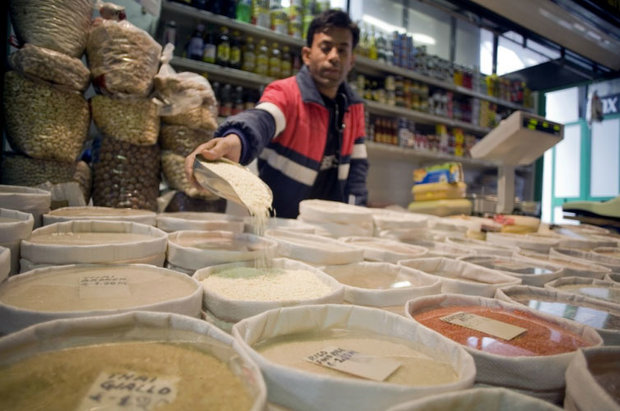According to a press release published by the Representation of the Food and Agriculture Organization of the United Nations (FAO) in the Islamic Republic of Iran, the FAO Food Price Index averaged 173.8 percent in January, its highest value in almost two years, marking a 2.1 percent increase from its revised December value and 16.4 percent above its 2016 January level.
The FAO Sugar Price Index surged 9.9 percent in the month, driven by expectations of protracted supply tightness in Brazil, India and Thailand.
The FAO Cereal Price Index rose 3.4 percent from December to a six-month high, with wheat, maize and rice values all increasing. Wheat markets reacted to unfavorable weather conditions hampering this season's crops as well as reduced plantings in the United States of America, while higher maize prices mostly reflected strong demand and uncertain crop prospects across South America. International prices of rice also rose, in part due to India's ongoing state procurement program, reducing the quantities available for export.
FAO's Food Price Index is a trade-weighted index tracking international market prices for five major food commodity groups. While 2016 marked the fifth consecutive year the index has fallen, January marked its sixth monthly increase in a row.
The FAO Vegetable Oil Price Index rose 1.8 percent, due mostly to low global inventory levels of palm oil coupled with a slow production recovery in Southeast Asia. Soy oil prices, by contrast, eased on expectations of ample global availability.
The FAO Dairy Price Index was unchanged from December, a marked departure from the 50 percent increase it posted between May and December last year. The FAO Meat Price Index was also practically unchanged, with a rise in bovine meat quotations - the result of herd rebuilding in Australia - offset by lower prices of ovine and other meats.
SH/PR


























Your Comment